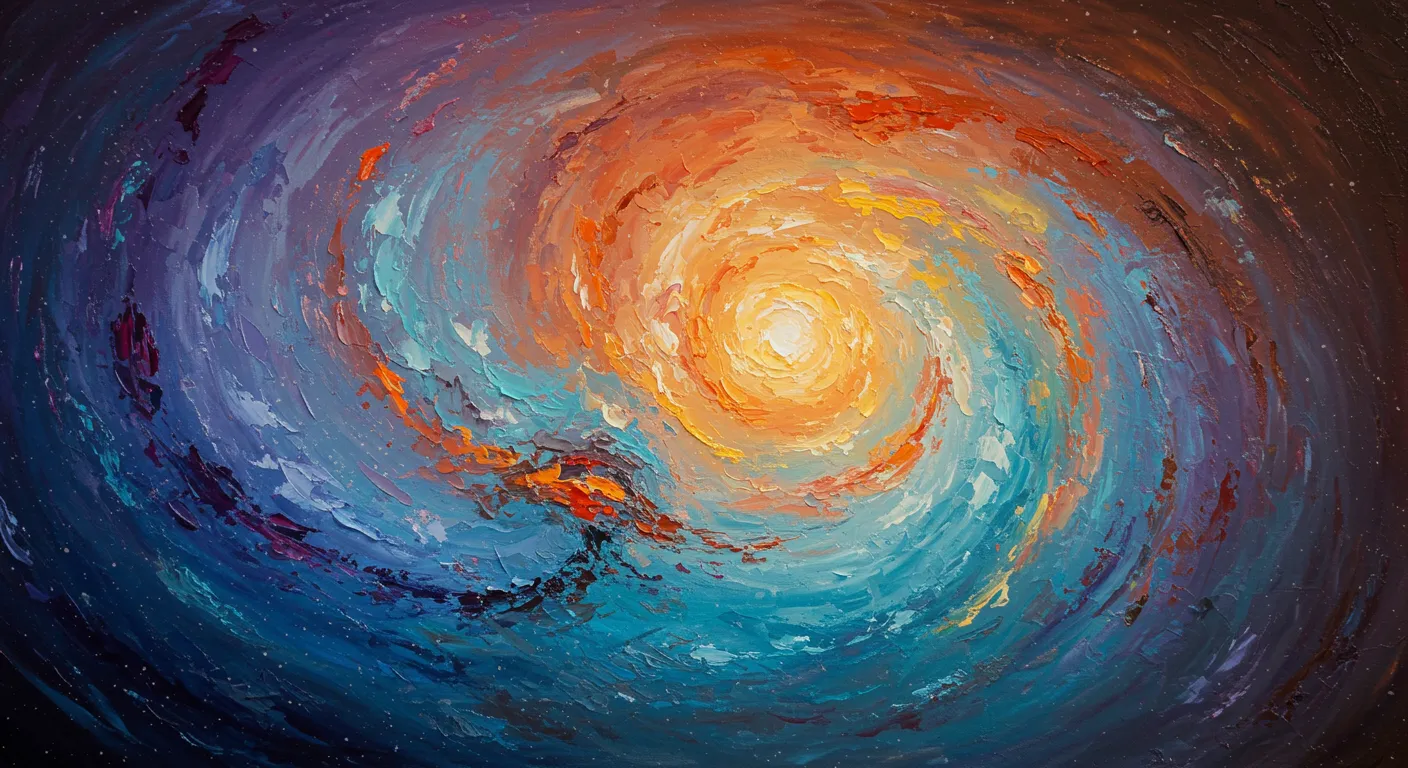In a groundbreaking announcement, scientists have potentially uncovered the strongest evidence yet of life beyond Earth, using data from the James Webb Space Telescope (JWST). The discovery centers on atmospheric gases that eerily mirror those produced by algae on our own planet.
Online commentators are buzzing about the significance of this finding, noting that the detection isn't just about spotting a single gas, but understanding a complex atmospheric composition. The gases discovered suggest more than just a random chemical occurrence - they hint at a potential biological process.
The exoplanet in question appears to be a hydrogen-rich ocean world situated in a habitable zone, matching theoretical models of environments most likely to support life. What makes this discovery particularly intriguing is that the detected gases have no known purely geological explanation and would require continuous regeneration - a hallmark of biological activity.
Interestingly, the discussion among tech-savvy observers extends beyond simple oxygen detection. They point out that life doesn't necessarily require oxygen, with some noting that many Earth organisms actually find oxygen toxic. The nuanced understanding suggests scientists are looking for more sophisticated markers of potential life.
While researchers caution against definitive claims, the overwhelming sentiment is one of cautious excitement. As one online commentator put it, this could be the most significant "big if true" space story in decades - a potential first glimpse into extraterrestrial biological processes.


